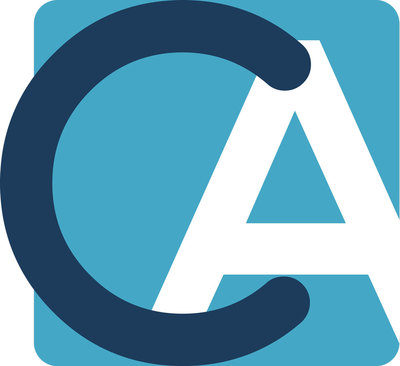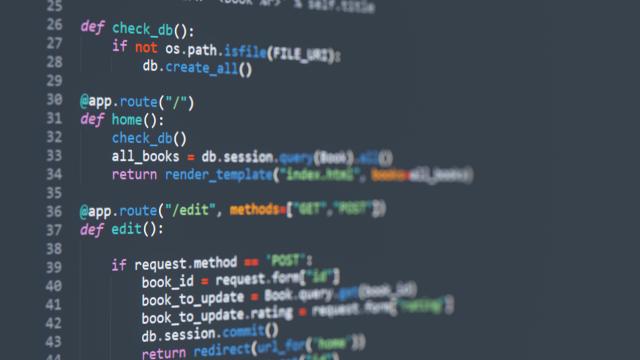
Coding has quickly become the ‘language of the world’, however, despite everyone interacting and engaging with code, a majority of us hardly understand how it actually works.
Countless methods to teach folks how to code have popped up over the years from direct online tools, to uni courses, and even video games. The most popular example of this is Minecraft’s Redstone mechanics, which gained popularity in teaching kids the early fundamentals of how coding works, and launched a dedicated community in sharing ideas and testing the limits of what they could build.

Coding is also no longer just considered a skill just for programmers or a nerdy hobby, but a tool to help creatives with their art. This isn’t just limited to designers or writers learning HTML for their own personal websites. Coding is allowing hobbyists to combine their artisan craft skills to combine code and woodworking for custom computer builds, like flipping a vintage tube radio into a full on gaming laptop.
Because the world is transitioning into more digital areas, experience in coding is predicted to become one of the most sought-after skills in the future job market. Thankfully learning how to code has been easier than ever as there are countless resources online that help streamlines the process, and offer support.
We asked Jairo Bilbao, the Lead Educator at Coder Academy about how coding works, and what are some handy tips to know before getting into coding.
How does coding actually work?
In a nutshell, coding is a set of instructions the developers give to the computer. These instructions are processed by the computer and they generate an output, this output can be pretty much everything we can see or hear from a computer or mobile phone – it can be a website, an app, a video game, bulk data etc. The instructions are written in a programming language, which is the bridge that helps humans and computers understand each other.
What are some secret tricks of the trade that you think more people should know?
Practice, practice, practice. I know it may not feel like a big revelation but it is what brings the big results. Same as any hobby you can think of, playing a musical instrument, videogames, sports, etc. The more you practice, the better you get and the more you enjoy. Of course, there are other things like learning from others and always being updated, but practice makes perfect.
Why should I learn to code a site from scratch instead of using Squarespace, Wix or Weebly?
These are great tools to build something quickly without being a web developer, but they all have limitations. They are not scalable and you cannot add anything to your website they don’t offer. Learning to code a site from scratch will give you the fundamentals and growth you need to be a full-stack developer, to learn about what’s going on in the backstage of a website. That will provide you with the ability to work in different environments, projects and frameworks in the future.
Is it worth learning a variety of coding languages? Or just sticking to one?
I recommend starting with one, getting solid learning of the fundamentals and building projects in that language. It is a matter of time before you end up learning several programming languages. It can be because you started creating websites, but now you are interested in creating mobile apps, or data science, for example. That will take you to learn a new language. Each language has a different syntax, so that’s the first thing you need to do. This usually is pretty straightforward, as you already have the fundamentals from your first programming language.
What are common misconceptions about coding that you keep noticing?
Coding is many times about solving problems, so a problem-solving skill using logic is one you need to work on. Not everyone has that in mind.
You can like video games and not like coding, or vice versa.
Being a coder doesn’t automatically make you a hacker, or a person that can fix all kinds of devices, like computers, mobiles or microwaves!
What is a common coding challenge that you find?
I’d say frustration management. When you are creating a project, your code may not be doing what it is expected to do, and finding the reason for that can take time and effort. You have to be ready to know that your code is not going to work in the first attempt, go through your code, try to find the errors, understand why it is happening, etc. Also, learning to code involves new concepts all the time. Some concepts can be challenging as they require some level of abstraction at the beginning.
What does coding in a team look like?
If there is teamwork, and good communication, the team is well managed and everyone knows their tasks, everything should be great and fun. Luckily, we have version control tools, project management tools etc. that make teamwork much easier. It is also a great chance to learn from each other as all the developers will have the chance to show their strengths.

Can you describe a coding project you’ve worked on?
As I said before, I’ve been teaching most of my career, so the projects I worked on are code-along lessons where we build something (Full stack websites, APIs, terminal apps) from scratch. We usually select a topic the students are interested in, and we build the app step by step while teaching concepts. We have created very interesting projects like clone projects for Twitter or Trello, a website for an animal shelter, a sports league manager, etc.
Do you need to memorise code to get a job as a programmer?
I feel like memorising code is useless. Practice a lot and the solutions will come to you without memorising, then for some specific solutions, there are many resources out there with blocks of code. To get a job, it should be the same, the company hiring shouldn’t expect that the candidates have everything in their memory. From what I know, they want to prove your skills with a coding challenge, and they allow you to use the Internet to find blocks of code if necessary, coding challenges are usually more about showing problem-solving skills than memorising algorithms.
How do you code for something you don’t understand?
You should never do that. Understanding what you are trying to solve is key to providing a solution. If you still want to do it… as I said before, the internet is full of blocks of code for several solutions, copy-pasting that in your code would be the way to code for something you don’t understand. Spoiler alert: it rarely goes well.
What are some dream projects you’d like to work on?
I have been focused on teaching others how to code for most of my career, I’m very happy with it. Who knows what will happen in the future, always new and exciting technologies pop up and I’m keen on learning about them.

If you would like to learn more about where Jairo teaches, click here.
Coder Academy is an OG Australian Bootcamp provider that blends its experience in education alongside industry leaders to design courses to fill skill gaps. The courses offered are 100% online and designed to be intense, compressing qualifications that take up to one year into shorter periods without compromising learning outcomes.
If you’d like to learn more about Coder Academy and the courses they offer click here.
